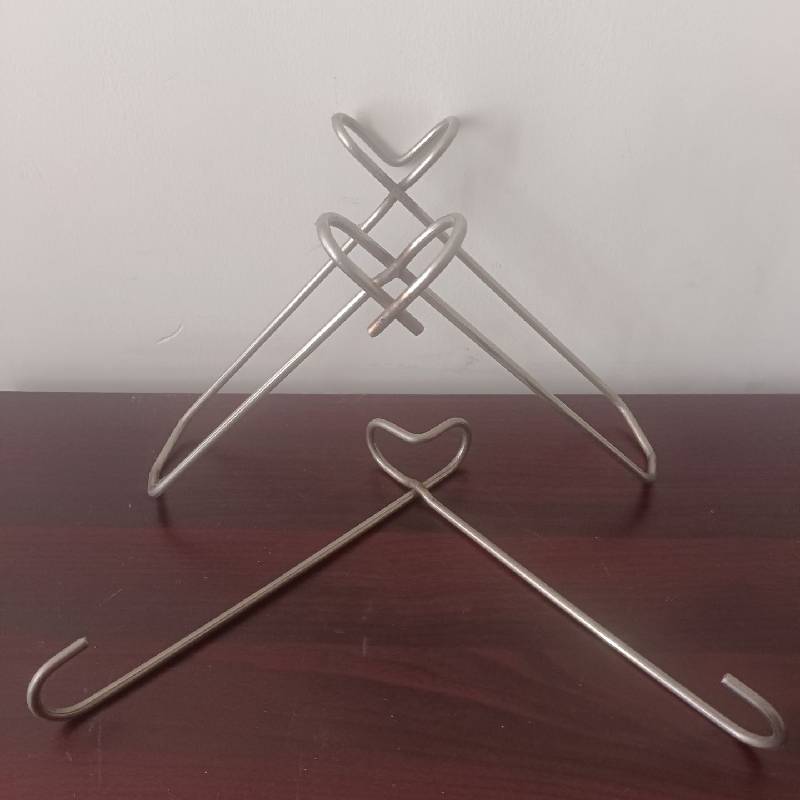
- Mobile Phone
- +8613931874955
- sales@cntcmetal.com
Choosing the Best Chicken Fencing Options for Your Backyard Poultry Raising Needs
The Importance of Buying Chicken Fencing for Your Backyard Flock
Raising chickens has become an increasingly popular hobby for many homeowners, providing a source of fresh eggs and a deeper connection to sustainable living. However, with this rewarding endeavor comes the responsibility of ensuring the safety and well-being of your feathered friends. One of the most crucial components of chicken husbandry is effective fencing. Buying the right chicken fencing can safeguard your birds from predators and prevent them from wandering off, ensuring a healthy environment for them to thrive.
Understanding the Need for Chicken Fencing
Chickens are known for their curious nature, often wandering off into areas that could pose dangers to their safety. Local wildlife, such as raccoons, foxes, and even domestic pets, can pose a significant threat to free-ranging birds. To prevent these potential disasters, effective chicken fencing is essential. Not only does it keep predators out, but it also helps to keep your chickens from straying into your garden or neighboring properties.
Types of Chicken Fencing
When considering the purchase of chicken fencing, it’s essential to know the available options
. There are several types of fencing materials that can be used for chicken coops and runs1. Welded Wire Fencing Known for its durability, welded wire fencing is a popular choice among chicken owners. It consists of sturdy wire panels that can withstand the environmental elements and any potential predator attacks.
2. Chicken Wire While inexpensive and easy to use, chicken wire is not the most reliable option against larger predators like raccoons or dogs. It is best suited for keeping chickens contained rather than providing heavy-duty protection.
buy chicken fencing

3. Electric Fencing For those wanting extra protection, electric fencing is an excellent option. It deters predators with a mild electric shock, ensuring that they think twice before attempting to breach your chicken habitat.
4. Stock Fencing Typically used for larger livestock, stock fencing can also be effective for chickens, especially if combined with additional barriers to prevent digging.
Installation Considerations
When installing your chicken fencing, several factors must be considered to ensure it is effective. The height of the fencing is crucial; at least four to six feet high is recommended to prevent chickens from flying over. Additionally, adding a buried barrier, such as hardware cloth or fencing that extends below the ground, can help deter burrowing predators. It’s also vital to regularly check for any weaknesses or damage in your fencing to maintain its integrity.
The Benefits of Proper Fencing
Investing in high-quality chicken fencing offers numerous benefits beyond just protection. A well-fenced area allows your chickens to roam and forage freely within a safe space, promoting their physical health and reducing behavioral issues caused by confinement. Furthermore, enclosed runs make it easier to manage their feed and water supply, ensuring they have everything they need to thrive.
Conclusion
In summary, buying the right chicken fencing is an integral part of raising healthy, happy chickens. Whether you're a novice or an experienced chicken keeper, selecting appropriate fencing can provide peace of mind and create a safe haven for your flock. By considering the types of fencing available, installation methods, and the long-term benefits, you can make an informed decision that will protect your chickens and enhance your backyard farming experience. So, take the time to invest in quality chicken fencing—your birds will thank you!
share:
-
Yard Sign Stakes: Reliable Guardians of Outdoor SignsNewsAug.04,2025
-
Wall Ties: Invisible Guardians of Building StabilityNewsAug.04,2025
-
Resilient Web: The Super Guardian Power of Concrete MeshNewsAug.04,2025
-
Masonry Accessories: A versatile assistant on building foundationsNewsAug.04,2025
-
Iron Binding Wire: the 'invisible reinforcement specialist' in the fields of architecture and industryNewsAug.04,2025
-
Dynamic Spring: The diverse functions and excellent performance of Wire Tension SpringNewsAug.04,2025
-
Your Source for Concrete Wall Ties and Masonry AccessoriesNewsJul.10,2025



















